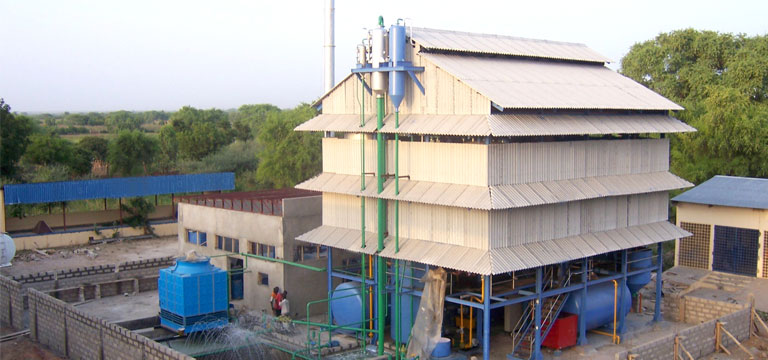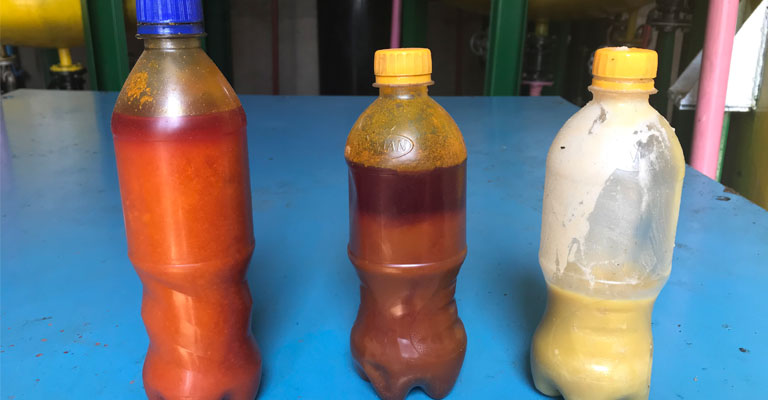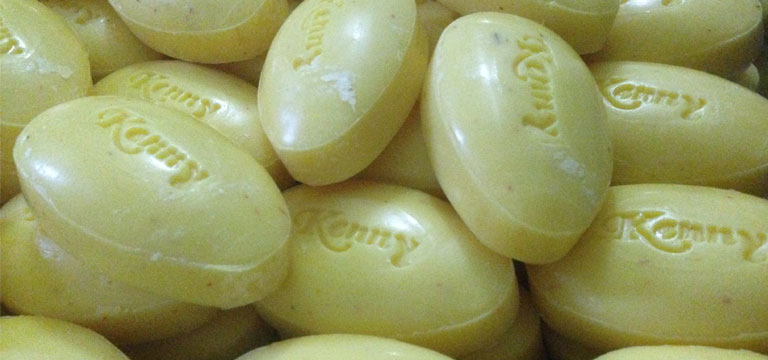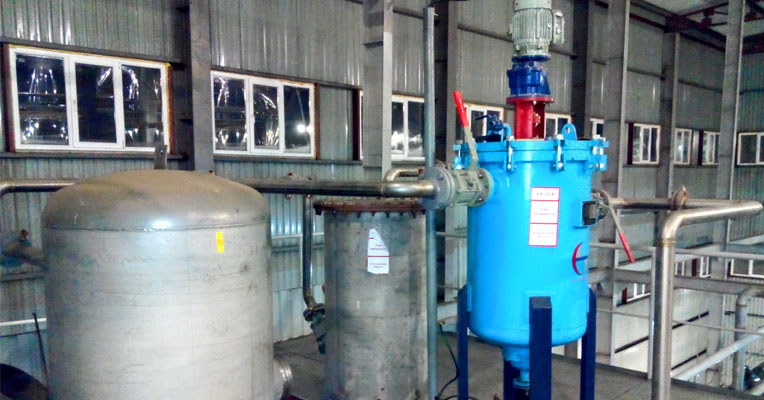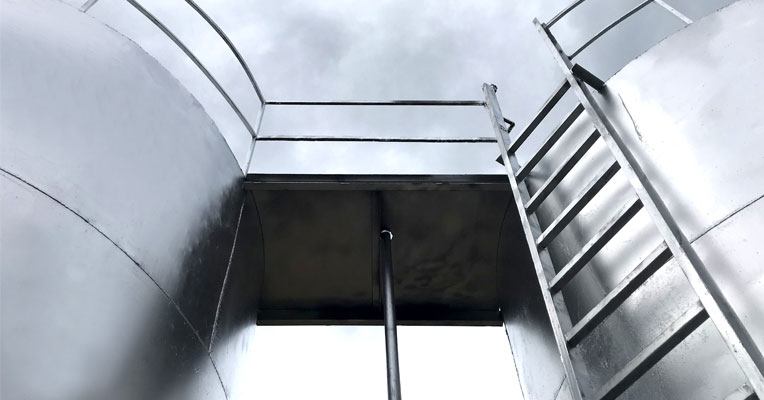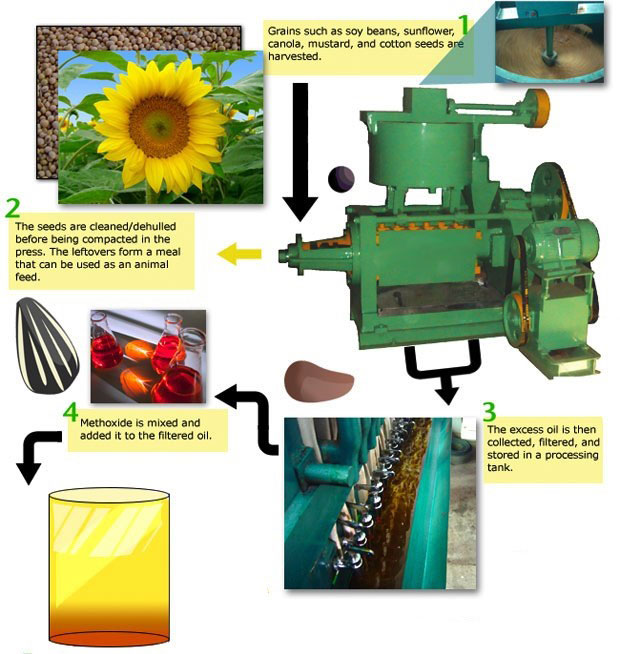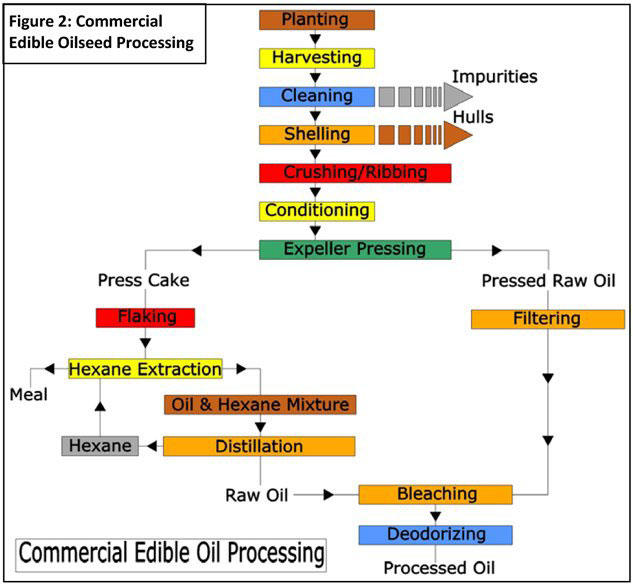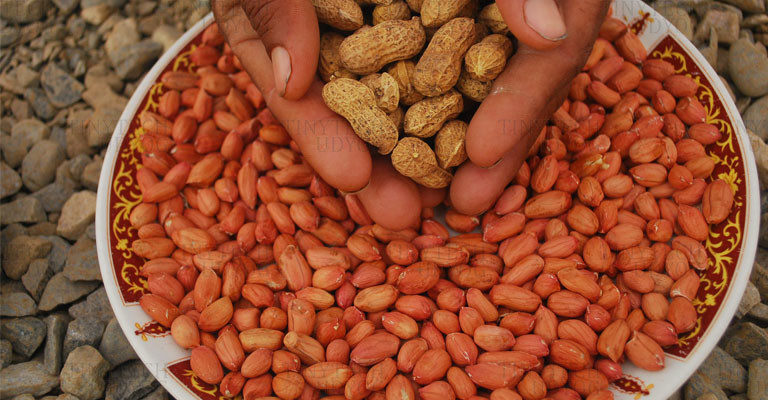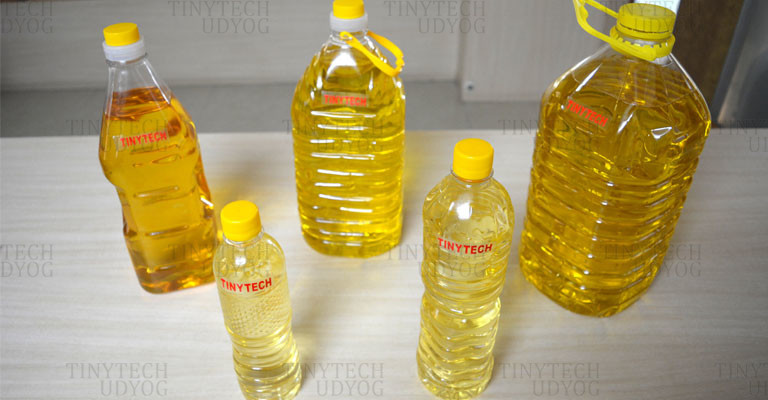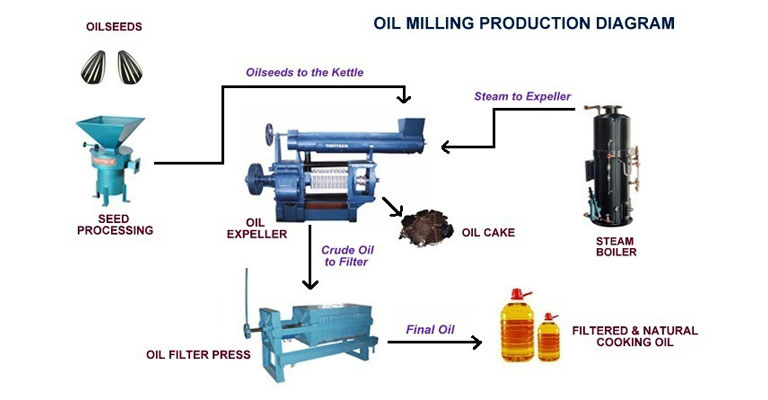Edible Oil Technology is a very vast topic which includes the range of industrial processes that start with the seed crushing and production of oils along with the secondary stage as the processing of those oils.
The entire edible oil technology can mainly be divided into the below three portions:
- Production of Oils
- Processing of Oils
- Handling and Disposal of By Products
Let us understand the basics in brief and get more idea about the machinery involvement and type of technology that is to be used.
Production of Oils
There are several oilseeds, nuts and fruits which contain considerable oil content in them. God has given every plantation with different oil yield. The oil is produced mainly by 2 methods:
Rural Manual Oil Production
Traditional processes for producing oil are used where small scale processor obtains raw material and quickly utilizes the oil crops by manual methods. It is environmentally sound and requires skill, experience. Local group or family members are mainly involved. Rural oil extraction reduces transport costs and communities consume such natural and unprocessed oil which is affordable to them.
In a changing industrial atmosphere, these positive features have been outweighed by the negative aspects of traditional processing such as small production capacities, poor economies of scale, high expenditures of energy and time, and the cost of transporting oils to markets.
Large Scale Mechanized Oil Production
In Large Scale Oil Processing Plants, the raw material is carefully selected and stored. The seeds are dried to reduce moisture content. The cooking or mild heat boiling is done by steam to make it sterilized.
Certain seeds need Decortication, Shelling, Breaking, Pounding, Cutting etc. To increase the surface area and maximize oil yield, the oil-bearing part of groundnuts, sunflower, sesame, coconut, palm kernel and sheanuts is reduced in size. Mechanical mills are commonly used.
Oil is then extracted with the use of semi-automatic or fully automatic oil press machines. Complete oil mill plant helps in oil extraction to oil filtration. Final output oil is clean and filtered without any impurities.
Processing of Oils
This range includes those refining processes that convert the crude oil into high quality oil products that are fit for human consumption and also the oil modification processes that ensure that the physical properties of the fats and oils meet market requirements at minimal cost.
Processing can remove the components of edible oils which may have negative effects on taste, stability, appearance or nutritional value. To the extent possible, processing should preserve tocopherols and prevent chemical changes in the triacyglycerols.
Edible Oil Processing is very essential parameter to remove harmful components from the oil.
Disposal of By Products and Waste Products
Extraction of oil gives the secondary by-product as Oilcakes. The oil cake is excellent for animal feed. So oilcake can be directly sold in the market or it can be pulverized to make protein rich material with combination of other agro items
In the processing of crude oils, there can be several by-products and waste products that are generated such as Wash Oil, Spent Chemicals, Soap Stock, Gums, Waxes, Stearin, Fatty Acids etc. They need careful handling and disposal.
